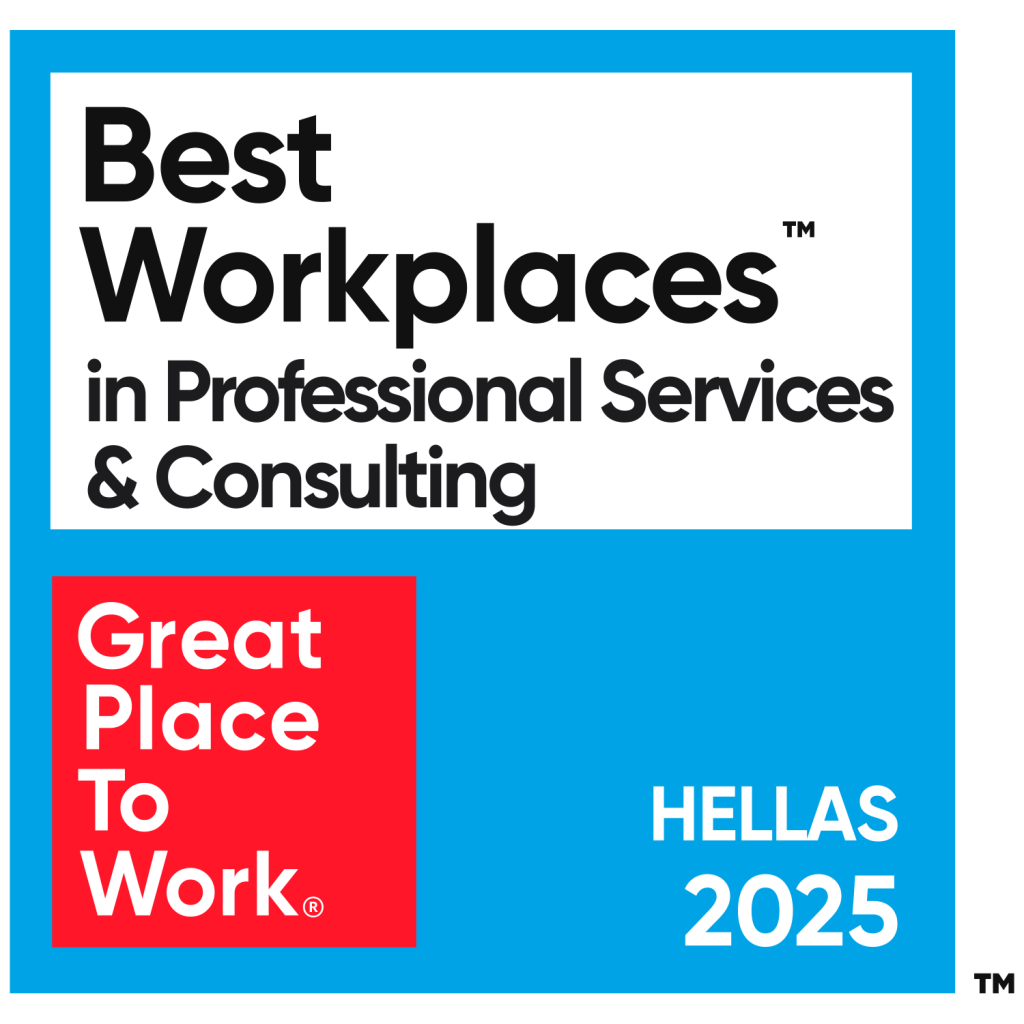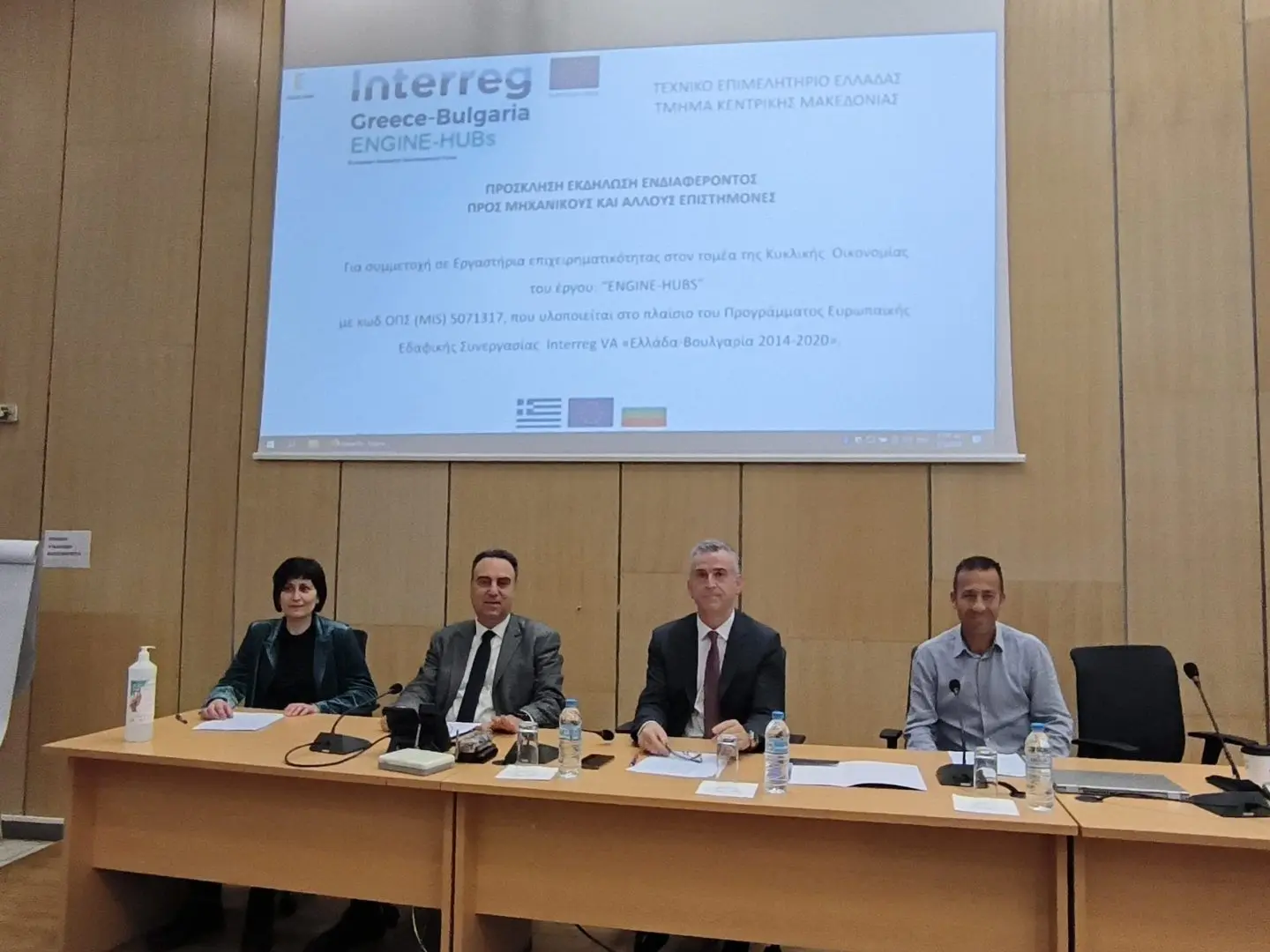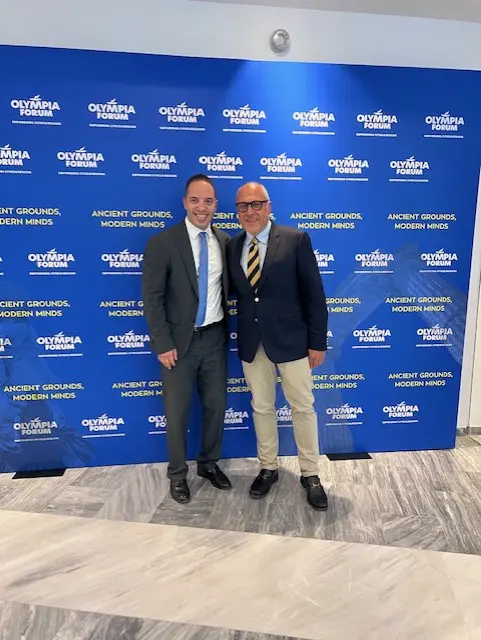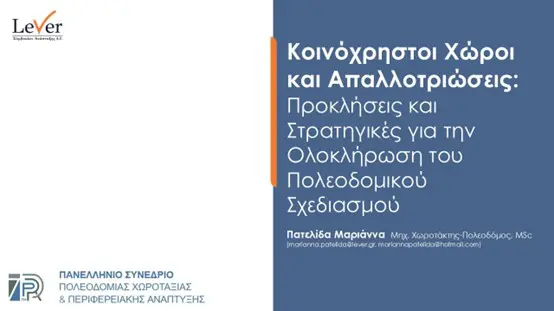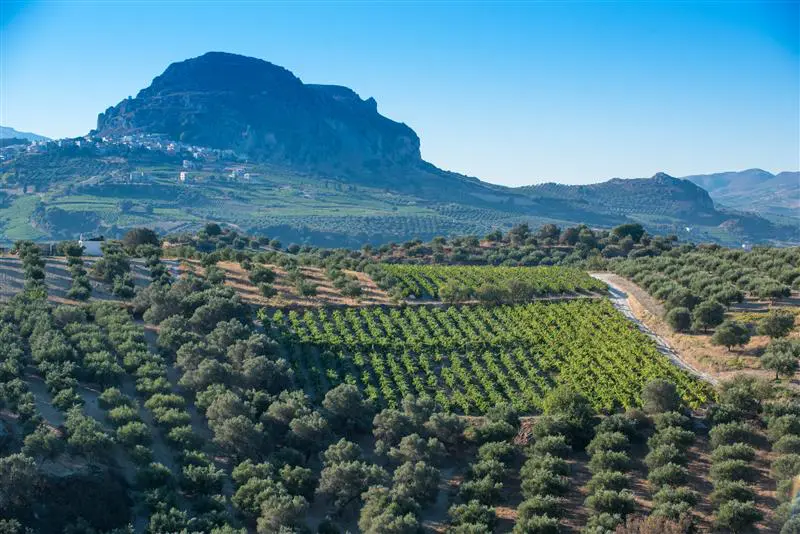Entrepreneurship workshops in the field of
Circular Economy for engineers and scientists
in the framework of the “ENGINE-HUBs” project
Greece recycles only 21% of municipal waste, while Europe recycles 49.6% with the corresponding target for 2030 being 65%. Furthermore, investments in sectors falling within the scope of the circular economy amount to 0.02% of GDP, when the EU average is 0.12% with Greece presenting the lowest rate of investment in this sector among EU countries. These data – which highlight the importance of adopting and developing relevant strategies – were presented at today’s press conference for the Entrepreneurship Workshops in the Circular Economy sector for engineers and scientists in the context of the “ENGINE-HUBs” project, which took place in the heavy atmosphere of the Tempi tragedy.
The TECHNICAL CHAMBER OF GREECE – CENTRAL MACEDONIA DEPARTMENT (TCM) participates as lead partner in the project “Creating “Circular” Business by young ENGINEers at the cross-border area of Greece-Bulgaria” with the acronym “ENGINE-HUBs”, which is co-financed by the European Territorial Cooperation Programme Interreg VA “Greece-Bulgaria 2014-2020”.
The project has a budget for the total partnership of €682,991.00 and is co-financed by the European Regional Development Fund and national resources of the participating countries. The duration of the project is 24 months (8/11/2021 – 7/11/2023).
Within the framework of the project, together with the INDUSTRY ASSOCIATION OF GREECE (SBE), which is also a partner of the project, they are implementing entrepreneurship workshops in the field of Circular Economy. The workshops are aimed at engineers and scientists who reside and/or are engaged in business in the Regional Units of Thessaloniki, Serres, Kavala, Drama.
Similar workshops will be held in the Blagoevgrad and Smolyan regions of Bulgaria, by the project partners UNION OF CIVIL ENGINEERS IN BULGARIA and CHAMBER OF COMMERCE AND INDUSTRY GOTSE DELCHEV.
The President of the Technical Chamber of Greece / Department of Central Macedonia (TEE/TKM), Mr. Georgios Tsakoumis, during the press conference, emphasized that the recession severely impacted the work of engineers regardless of their employment status, resulting in young engineers seeking their future abroad. However, the President noted, the brain drain was already a problem for Thessaloniki and Macedonia in general even before the crisis, due to the region’s deindustrialization and the absorption of every dynamic economic activity by the central region. Therefore, it is extremely important for the society and economy of our region to make the most effective use of cross-border cooperation programs.

The President referred to TEE/TKM’s efforts since 2013 to familiarize and guide young engineers towards entrepreneurship.
Today, Mr. Tsakoumis continued, TEE/TKM is once again collaborating with SEVE (Federation of Industries of Greece) on this program that focuses on entrepreneurship in its most modern, innovative, and outward-looking form—namely, the Circular Economy—under very favorable conditions:
- In the Region, centered around Thessaloniki, a significant and promising Innovation Ecosystem has already been developed. The initial core was a locally-based, highly active private sector—mainly small and medium-sized enterprises—that turned to innovation and new technologies,
making use of the area’s scientific and research potential. This was followed by investment interest from globally recognized business groups (Pfizer, Deloitte, Deutsche Telekom, etc.).
- We are at the beginning of the new Programming Period, with significant funding targeting entrepreneurship, green technologies, innovation, and circular technology.
Finally, he referred to the region’s inherent comparative advantages, stating that it is a broad area that hosts all of the country’s human activities, as well as the largest university in Greece and important research and higher education institutions—a “small Greece” as he characteristically put it.
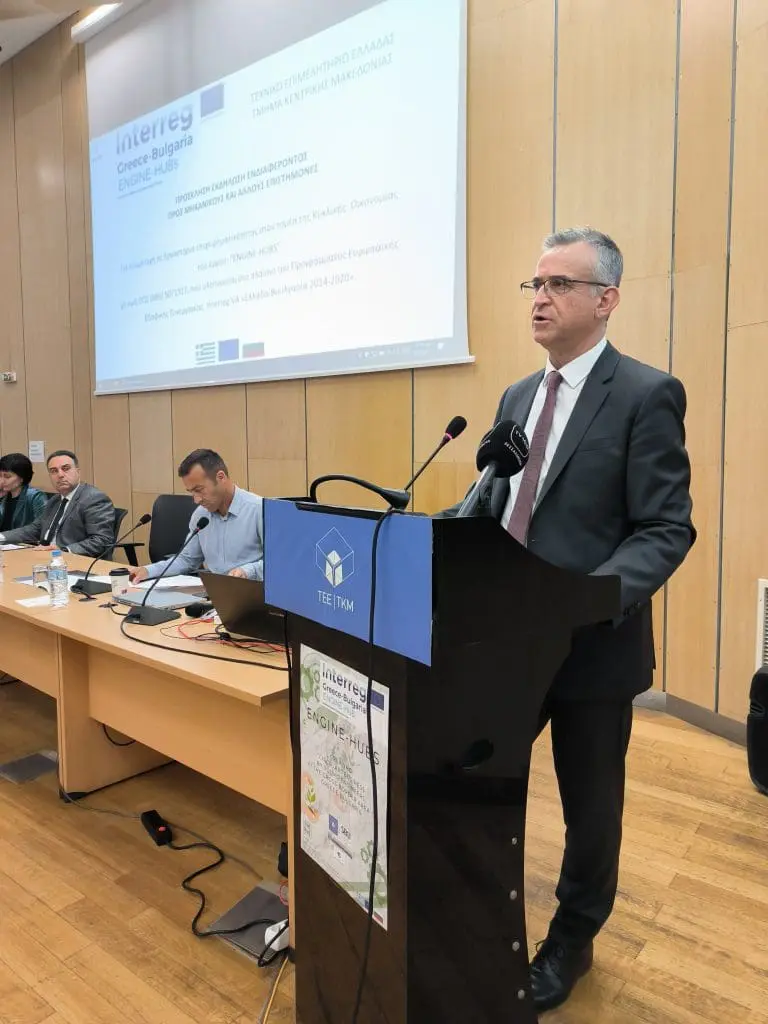
The President referred to TEE/TKM’s efforts since 2013 to familiarize and guide young engineers towards entrepreneurship.
Today, Mr. Tsakoumis continued, TEE/TKM is once again collaborating with SEVE (Federation of Industries of Greece) on this program that focuses on entrepreneurship in its most modern, innovative, and outward-looking form—namely, the Circular Economy—under very favorable conditions:
• In the Region, centered around Thessaloniki, a significant and promising Innovation Ecosystem has already been developed. The initial core was a locally-based, highly active private sector—mainly small and medium-sized enterprises—that turned to innovation and new technologies,
making use of the area’s scientific and research potential. This was followed by investment interest from globally recognized business groups (Pfizer, Deloitte, Deutsche Telekom, etc.).
• We are at the beginning of the new Programming Period, with significant funding targeting entrepreneurship, green technologies, innovation, and circular technology.
Finally, he referred to the region’s inherent comparative advantages, stating that it is a broad area that hosts all of the country’s human activities, as well as the largest university in Greece and important research and higher education institutions—a “small Greece” as he characteristically put it.
On his part, the Director of Documentation and Studies of the Federation of Industries of Greece (SBE), Mr. Christos Georgiou, emphasized, among other things:
“We no longer need to say that the green transition and the adoption of circular economy business models can be a key developmental choice. It is a core strategy. From the Green Deal to the actions of the operational programs of the new programming period, we now see initiatives titled ‘Green Transition’ or ‘Circular Economy’ everywhere.”
Especially for a country like Greece, this field offers significant potential for investment and the development of new business activities. This opportunity has arisen due to the country’s lag in this area, as:
- Greece recycles only a meager 21% of its municipal waste, while Europe averages 49.6%. The target for 2030 is 65%.
The rate of materials recovered and reused in the economy (EUROSTAT’s “circular economy use rate”) stands at 3.4% in Greece, while the EU average is 11.7%.
Investments (gross fixed capital formation) in sectors relevant to the circular economy amount to just 0.02% of GDP, compared to the EU average of 0.12%. Greece has the lowest investment rate in this sector among EU countries.
“At SBE, we believe that one of the key prerequisites for the effective implementation of relevant policies is the training and reskilling of human capital, especially since approximately 40% of jobs are estimated to be affected—positively or negatively—by the green transition.”
The Project – The Actions
The ENGINE-HUBs project aims to promote the circular economy business model and empower engineers and scientists in the project’s cross-border reference area to shape, develop, and implement their business ideas in the circular economy sector.
Environmental Engineer Christiana Polyzou, from the company “Lever – Development Consultants S.A.”, a member of the “Samaras & Associates” Group and technical support consultant for the management and coordination of the project, clarified:
“The ENGINE-HUBs project aims to promote the business model of the Circular Economy and empower engineers and scientists in the Greece-Bulgaria cross-border region to shape, develop, and implement their entrepreneurial ideas in this field. Through the launch of circular entrepreneurship labs, we have a unique opportunity to support circular economy ideas and create competitive businesses that meet the needs of our time.”
In our current economy, we extract significant resources and materials from the Earth, make products, use them, and eventually dispose of them as waste—a linear process. In the circular economy, materials, products, and services are kept in use—circulated—for as long as possible, minimizing the extraction of new raw materials, the creation of waste, and emissions into the atmosphere.
The circular economy addresses global challenges such as climate change, biodiversity loss, waste, and pollution. It can contribute to climate change mitigation. Notably, by adopting a circular economy model, we can reduce greenhouse gas emissions by up to 45%. That’s why it is so important for it to be promoted and adopted as a model of production–consumption of products and service provision, alongside the transition to renewable energy sources.
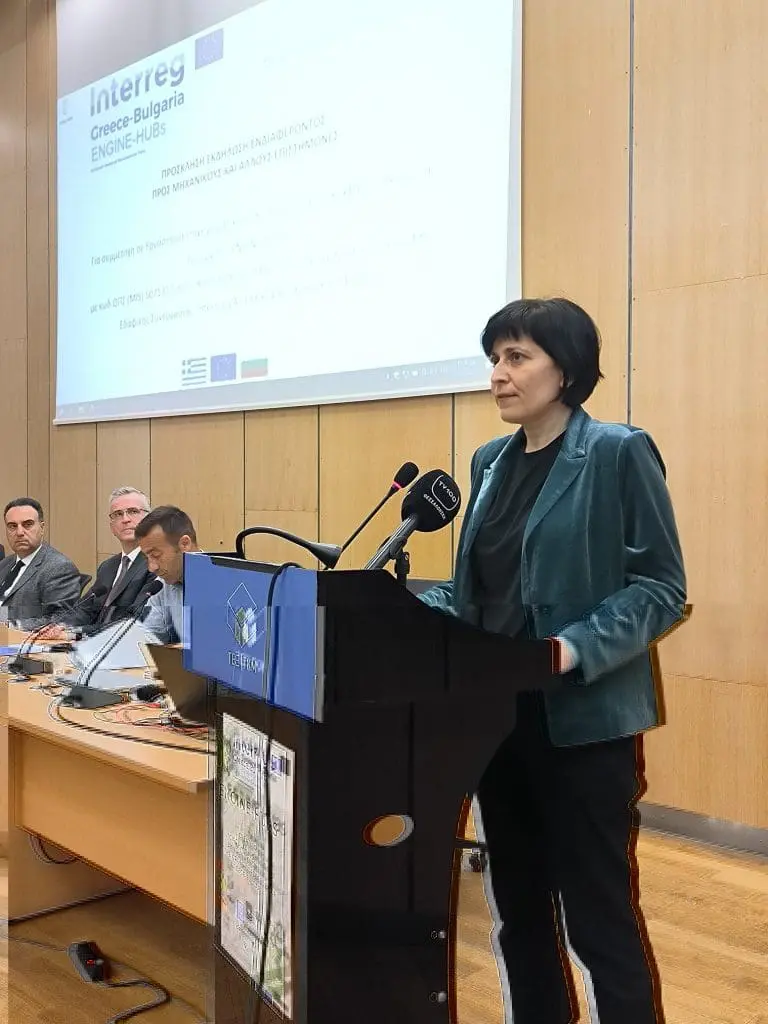
Main Actions Implemented So Far by the Greek Partners:
- The establishment of ENGINE-HUBs structures at the premises of TEE/TKM and SBE and their equipment with the appropriate technical infrastructure. These ENGINE-HUBs will function as “one-stop shops,” offering prospective entrepreneurs coworking spaces, training, mentoring, consulting services, networking with market stakeholders, and other forms of support.
- The development of a market analysis study and a gap analysis study in emerging circular economy sectors in the eligible Greek cross-border region (study area).
In the market analysis study, value chains in economic sectors that offer business development opportunities in the circular economy were identified—such as industry, energy, waste management, construction, etc.
Regarding the gap analysis, all potential risks and deficiencies in the emerging sectors of the circular economy within the study area were recorded and presented in a report.
The Workshops
As part of the “ENGINE-HUBs” project, free seminars and lectures, training sessions, consulting and mentoring activities, networking with market stakeholders, and study visits are organized for a maximum of 60 beneficiaries. In addition, full and open access will be provided to materials and information to support both the preparation and implementation of their business plans.
An open call for expressions of interest for participation is already active at the following link:
http://tkm.tee.gr/τελευταία-νέα/πρόσκληση-εκδήλωσης-ενδιαφέροντος-γ-4/
Applications are accepted until March 15.
It is worth noting that the five best business plans will be awarded a cash prize of €1,000 each.
More specifically, the Circular Entrepreneurship Workshops are addressed to engineers or scientists:
- who intend to start an activity in the field of Circular Economy,
- who have recently started a business activity in the field of Circular Economy,
- who have start-up, newly established, or existing companies and intend to integrate Circular Economy into their operations.
The workshops will take place in person, mostly in the afternoon, in Thessaloniki, at the TEE/TKM HUB (49 Meg. Alexandrou St., Thessaloniki, 54643) and the SBE HUB (21 26th Oktovriou St., Thessaloniki, 54627), for up to 60 beneficiaries in Phase A and 45 in the following phases. Part of the workshops may be conducted online.
Phases A, B, and C will be completed by the end of June.
Specifically, the action includes four phases, as described below:
Phase A – Training
- Circular Entrepreneurship Seminar for 60 beneficiaries. Duration: 2 days. Organized by TEE/TKM. Topics include:
- Principles and business models of Circular Economy
- Market & Gap Analysis of Circular Economy in the project’s region
- How to develop your own business plan
- P2P meetings per beneficiary to support the preparation of their business plans. Duration: up to 2 hours. Organized by SBE. This action involves 60 beneficiaries. At the end of this stage, participants who do not wish to continue will receive a Certificate of Participation.
- Submission of business plans by interested participants.
- Selection of 45 beneficiaries to proceed to Phase B. If more applicants meet the requirements, a selection will be made based on specific evaluation criteria by a special evaluation committee with expertise in entrepreneurship, appointed by TEE/TKM.
Phase B – Study Visits
Visits to existing Circular Economy enterprises in the cross-border region of Greece–Bulgaria.
Travel expenses are covered by the project. Duration: 2 days – 1 day in Greece and 1 in Bulgaria. Organized by TEE/TKM.
Phase C – Mentoring for Business Plan Implementation
- Four (4) seminars, each 6 hours long, organized by SBE. Topics include:
- Procurement
- Sales
- Marketing
- Legislation
- Financial management
- Circular Economy Technologies Seminar for 4 groups, each session lasting 6 hours/group, covering below subjects. The action concerns 45 beneficiaries. The organisation is undertaken by the TEE/TKM.
- Circular Economy Technologies
- Best practices in Circular Economy (with invited companies successfully operating in the field)
- Organized by TEE/TKM for 45 beneficiaries.
Four individual 1-hour mentoring sessions per entrepreneur, for 45 beneficiaries, focused on implementing their business plans. Organized by SBE.
Phase D – Networking
Two networking events and B2B meetings targeting investors, suppliers, entrepreneurs, and other relevant stakeholders and individuals.
Phase E – Awards
Awards for the five (5) best business plans (€1,000 each).
Final evaluation will be conducted by a special evaluation committee with experience in entrepreneurship, appointed by TEE/TKM.
For more information, please visit the project website:

